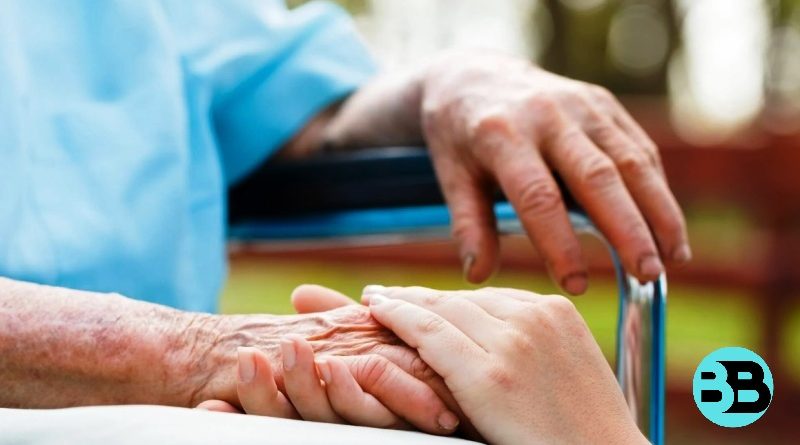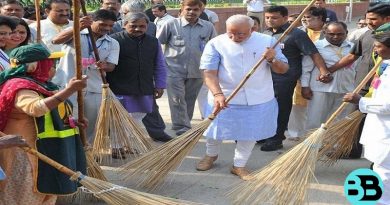World Elder Abuse Awareness Day: Addressing the Crisis and Promoting Dignity and Respect for Older Adults
World Elder Abuse Awareness Day (WEAAD) is observed annually on June 15th to shed light on the issue of elder abuse and promote its prevention. This day serves as a global platform to raise awareness, generate dialogue, and advocate for the rights of older adults. Elder abuse is a widespread and complex problem that affects millions of individuals worldwide. It encompasses various forms, such as physical, emotional, financial, and sexual abuse, as well as neglect and abandonment. This article aims to delve into the significance of WEAAD, explore the various types and risk factors of elder abuse, discuss its consequences on older adults and society, and highlight the importance of prevention and intervention strategies.
- Understanding Elder Abuse
- Definition and scope of elder abuse
- Types of elder abuse: physical, emotional, financial, sexual, neglect, and abandonment
- Prevalence of elder abuse globally and its underreporting
- Factors contributing to elder abuse: social, cultural, and economic factors
- Risk Factors and Vulnerabilities
- Ageism and its impact on elder abuse
- Social isolation and loneliness
- Cognitive impairment and dependency
- Caregiver stress and burnout
- Intergenerational conflict and family dynamics
- Consequences of Elder Abuse
- Physical and psychological impact on older adults
- Financial exploitation and its repercussions
- Increased healthcare costs and burden on society
- Loss of trust and dignity in aging
- Addressing Elder Abuse
- Promoting awareness and education
- Role of Governments, organizations, and Communities
- Public campaigns and educational programs
- Legal and policy measures
- Legislative Frameworks for elder protection
- Reporting and investigation mechanisms
- Punitive measures for offenders
- Strengthening support systems
- Caregiver training and support programs
- Elder helplines and support networks
- Multidisciplinary collaborations and partnerships
- Enhancing healthcare professionals’ role
- Identifying and reporting elder abuse
- Integrating elder abuse prevention into healthcare practices
- Training healthcare providers on elder abuse detection and intervention
- Promoting awareness and education
- Prevention Strategies
- Empowering older adults
- Promoting active aging and self-advocacy
- Encouraging financial literacy and independence
- Strengthening community support
- Social inclusion programs and intergenerational activities
- Volunteer and caregiver respite services
- Early intervention and support
- Regular health assessments and screenings
- Home visitation programs for at-risk individuals
- Collaboration and research
- Interdisciplinary research on elder abuse
- Sharing best practices and lessons learned
- Empowering older adults
World Elder Abuse Awareness Day plays a crucial role in highlighting the pressing issue of elder abuse and promoting the rights, dignity, and respect of older adults. It is essential for governments, organizations, communities, and individuals to work together to prevent and address elder abuse effectively. By understanding the different forms and risk factors of elder abuse, promoting awareness and education, enacting robust legal frameworks, and implementing prevention strategies, we can create a safer environment for older adults. The empowerment of older adults, strengthening community support systems, enhancing the role of healthcare professionals, and fostering collaboration and research are essential steps toward combating elder abuse.
Read also:
World Elder Abuse Awareness Day





